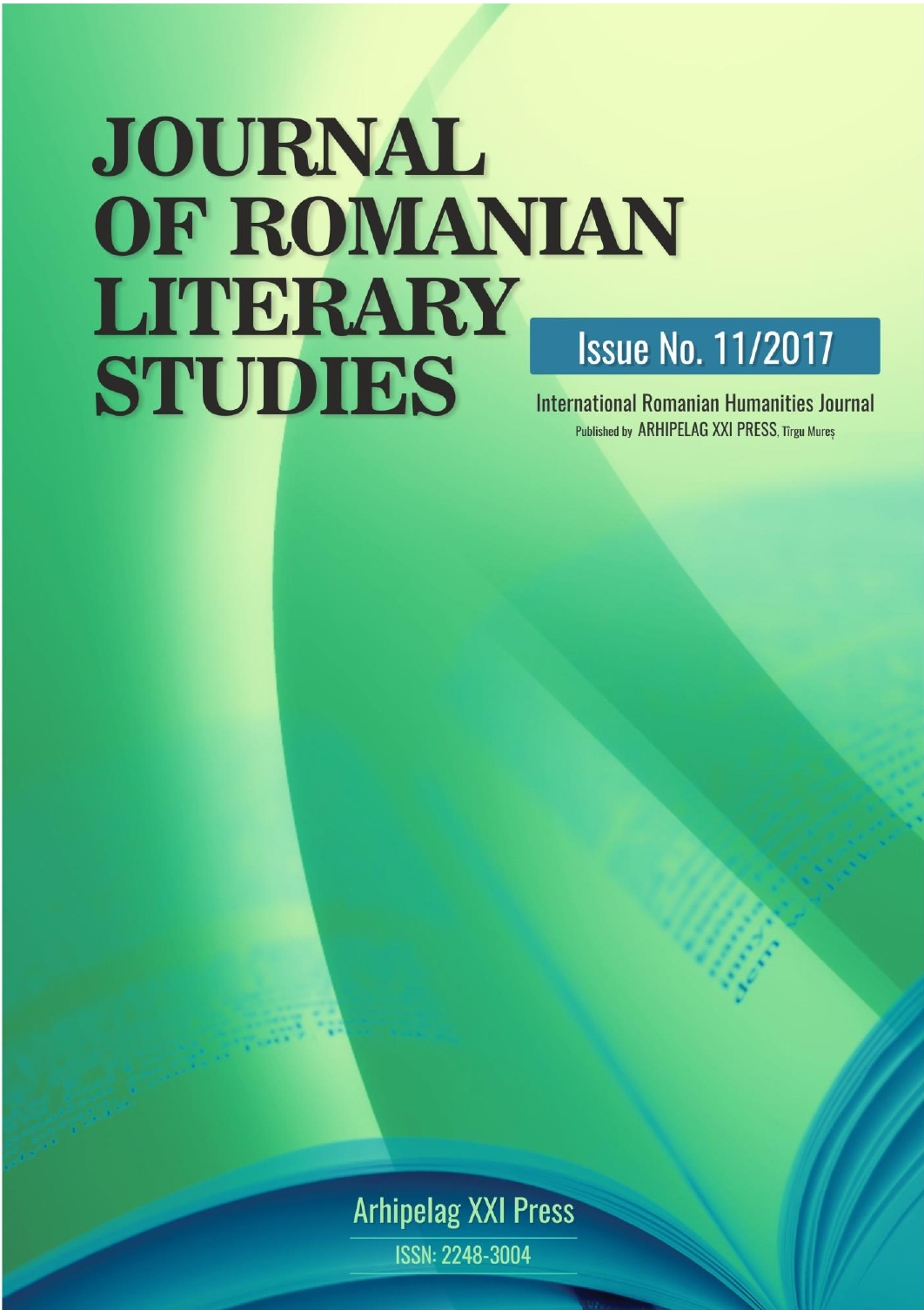EUROPEAN IDENTITY AT BORDERS – THE METAMORPHOSIS OF IDENTITY
EUROPEAN IDENTITY AT BORDERS – THE METAMORPHOSIS OF IDENTITY
Author(s): Ana-Maria BaciuSubject(s): Politics, Romanian Literature, Psychoanalysis, Theory of Literature, Identity of Collectives
Published by: Editura Arhipelag XXI
Keywords: identity; collective imaginary; alterity; stereotypes; culture; fairy tales; myths;
Summary/Abstract: Once it was the collective unconscious. Gustav Jung and his friend, Mircea Eliade, looked into the archetypes embedded in the people’s unconscious whose contents they filtered through conceptual frames meant to reveal huge analogies. The history of religions, the unconscious revealed in dreams, mythical archetypes, religious scripts connecting present ritual to the event illo tempore out of which creeds and beliefs emerged and spread to races other than those originating them. Today there are institutional bodies of the European Union whose politics is the cultural unification of the member states but the actors in this process no longer turn a blind eye upon diversity and essential differences. Unlike the priority of a colonizing Self over the Other in the full bloom of modernism, the politics of difference that set on after the war reversed the relationship, prioritizing the Other. Not as a complete alterus, however, an unfathomable stranger, but, as Ricoeur says, soi-même comme un autre. The self that comes out of itself to meet the other as target of connectivity. Myths, legends, are no longer considered to be commonly shared as a given by various nations, they are instead appropriated through acculturation, socialization. We are shareholders of a patrinony which is essential in shaping our identity. It is our legacy stored in the fertile land of the collective imaginary in which we take roots. Nowadays the dynamics of Identity is set between national and international, unity and diversity, losses and gains, games of power and globalization. European Identity becomes an open-work, a work in progress of which we are all part of. We become the masons of our own construction of identity.
Journal: Journal of Romanian Literary Studies
- Issue Year: 2017
- Issue No: 11
- Page Range: 447-454
- Page Count: 8
- Language: Romanian

